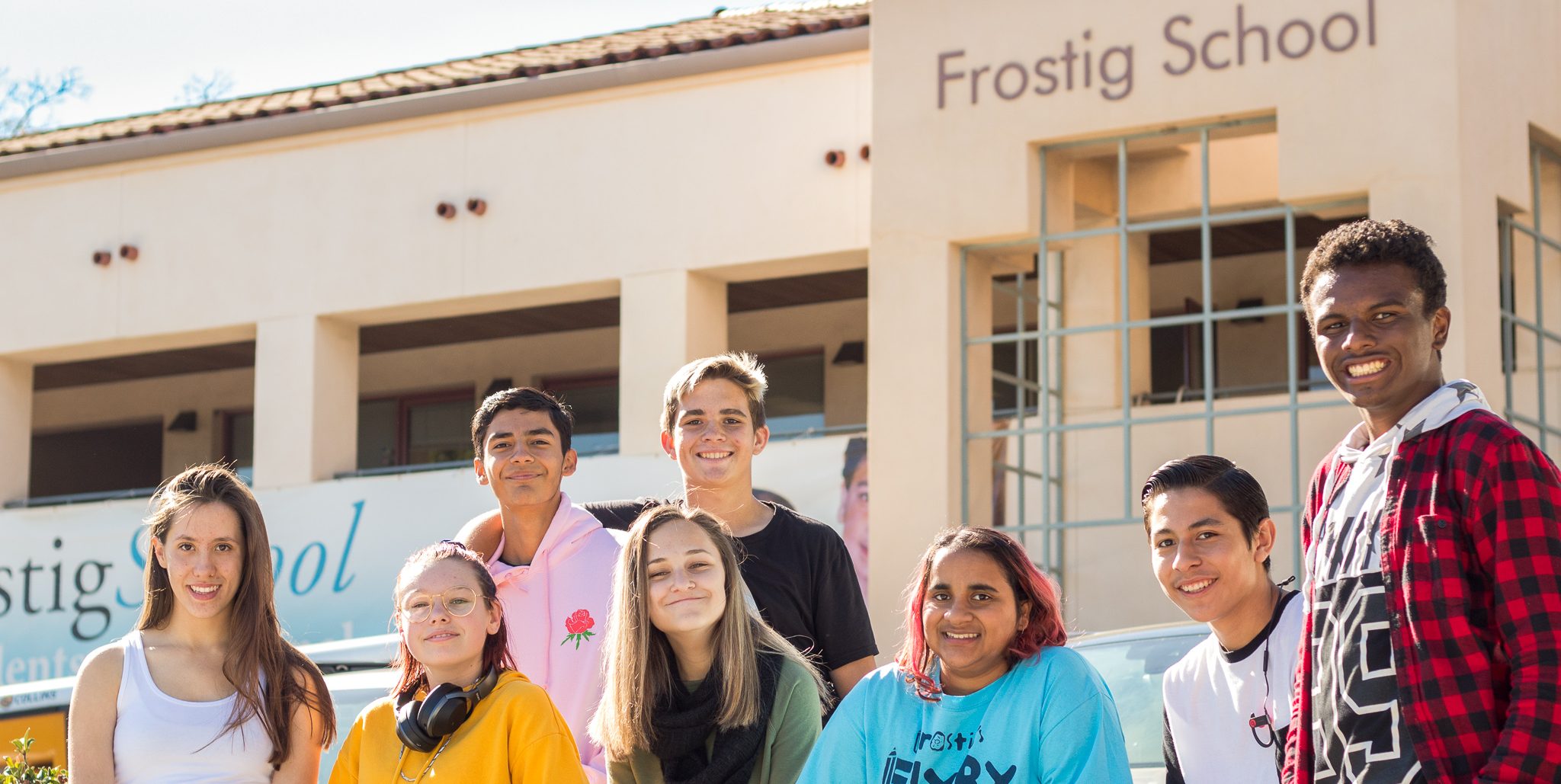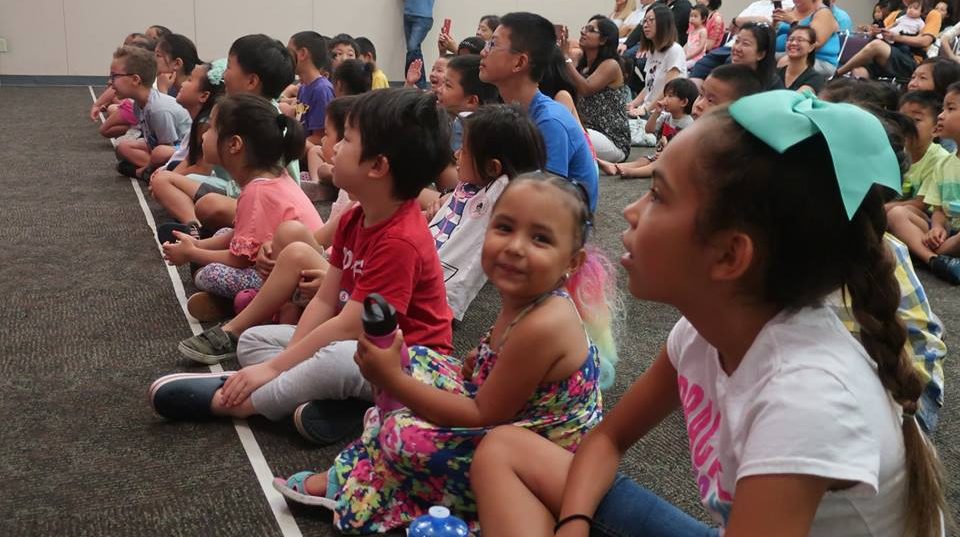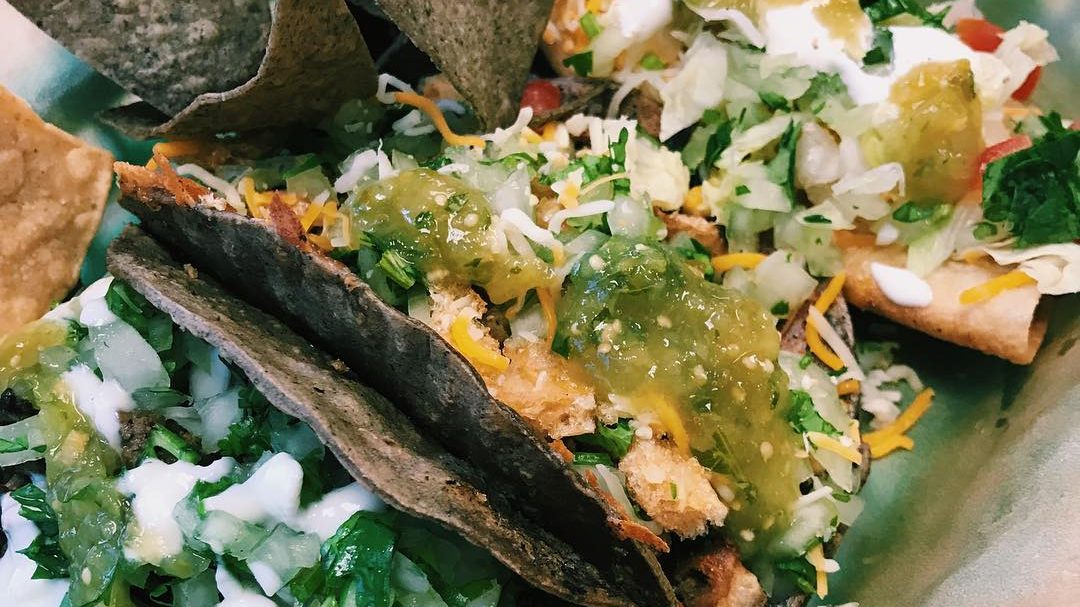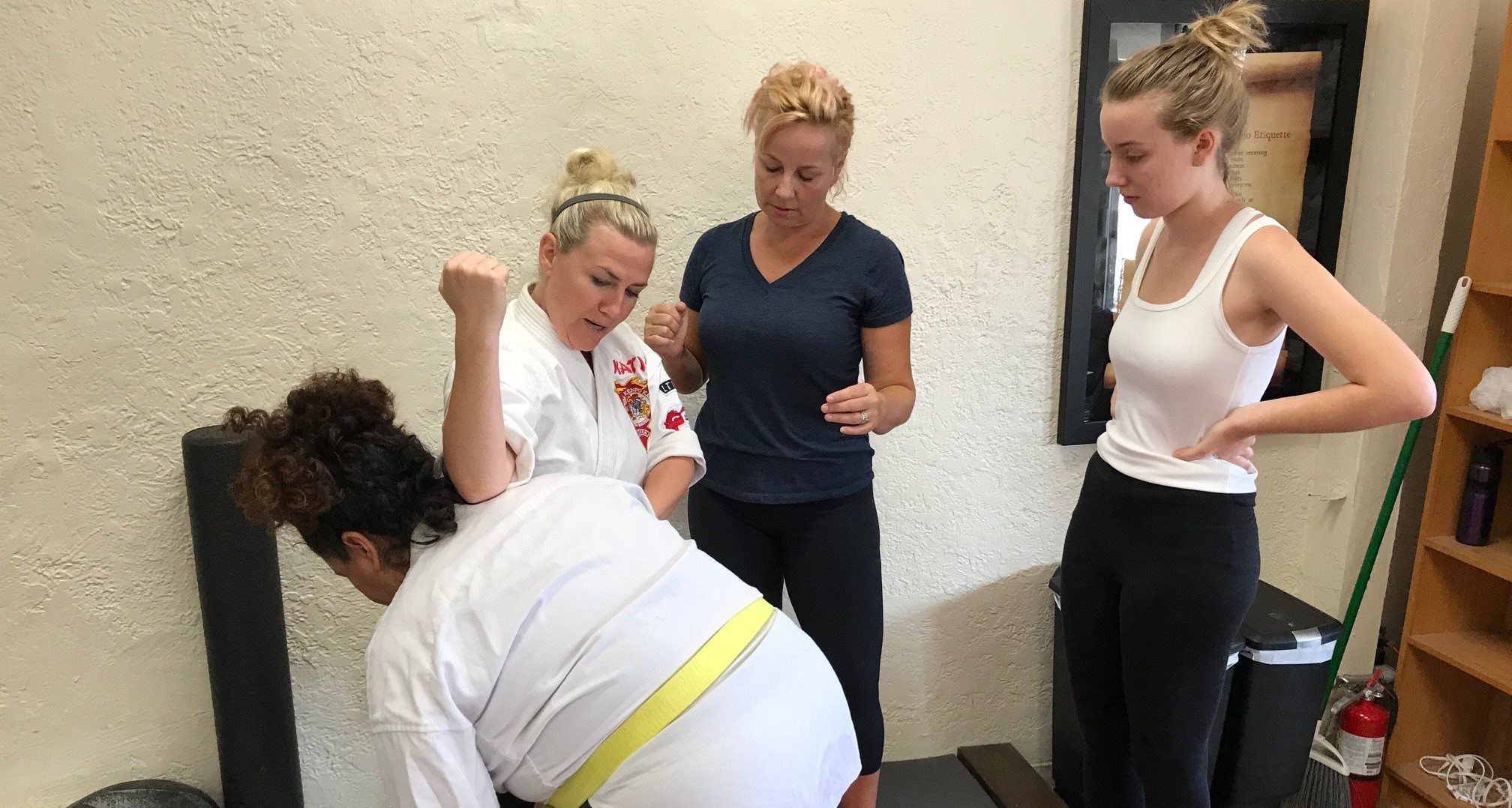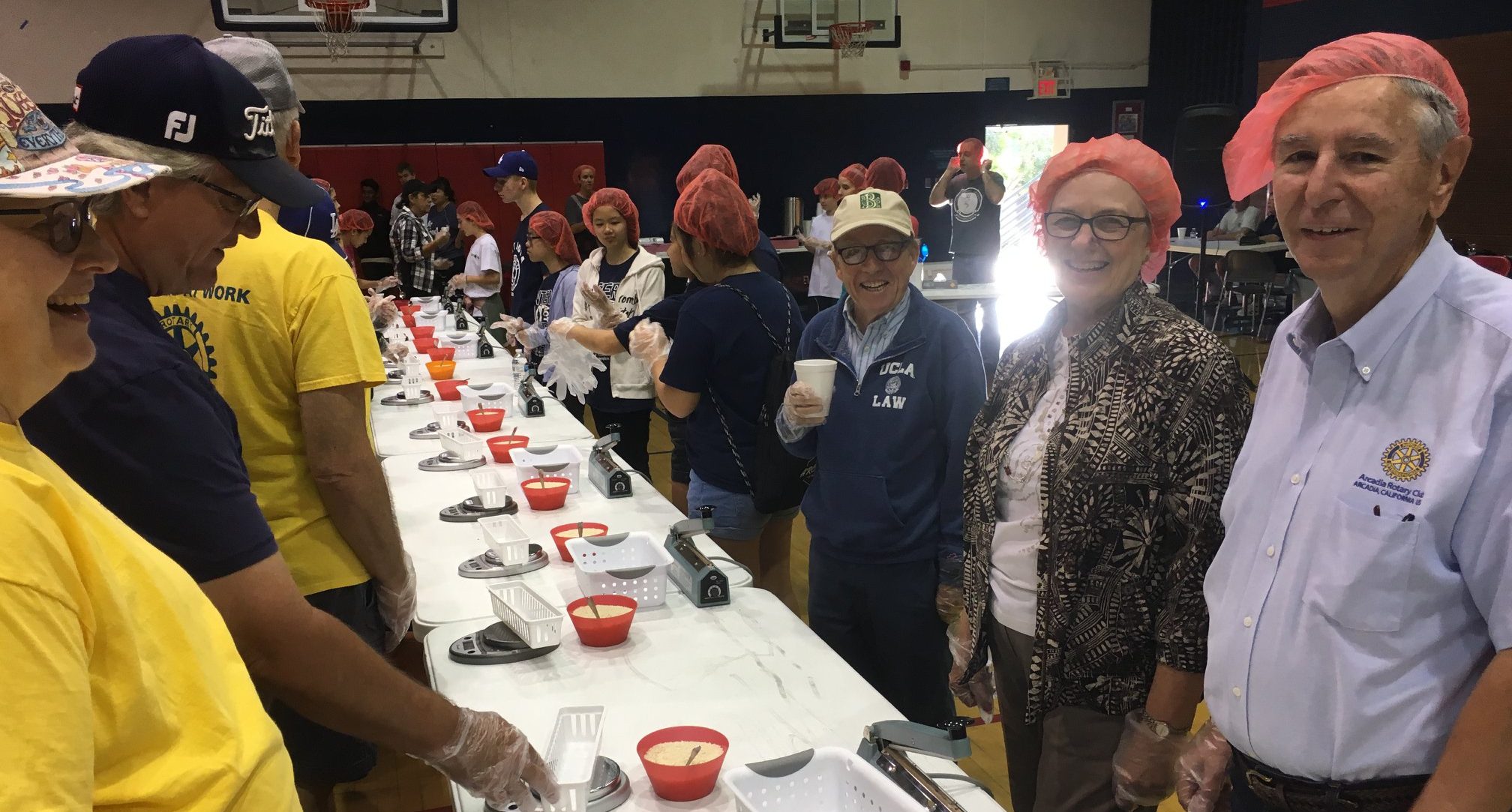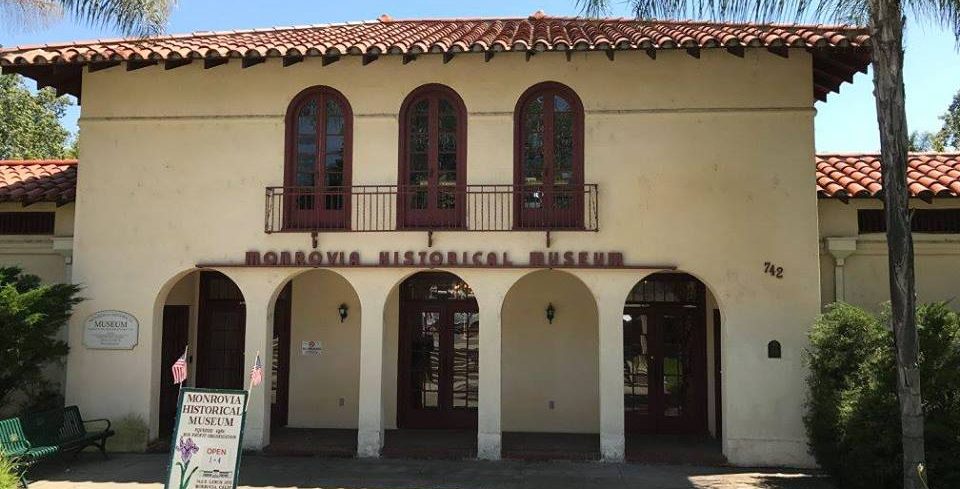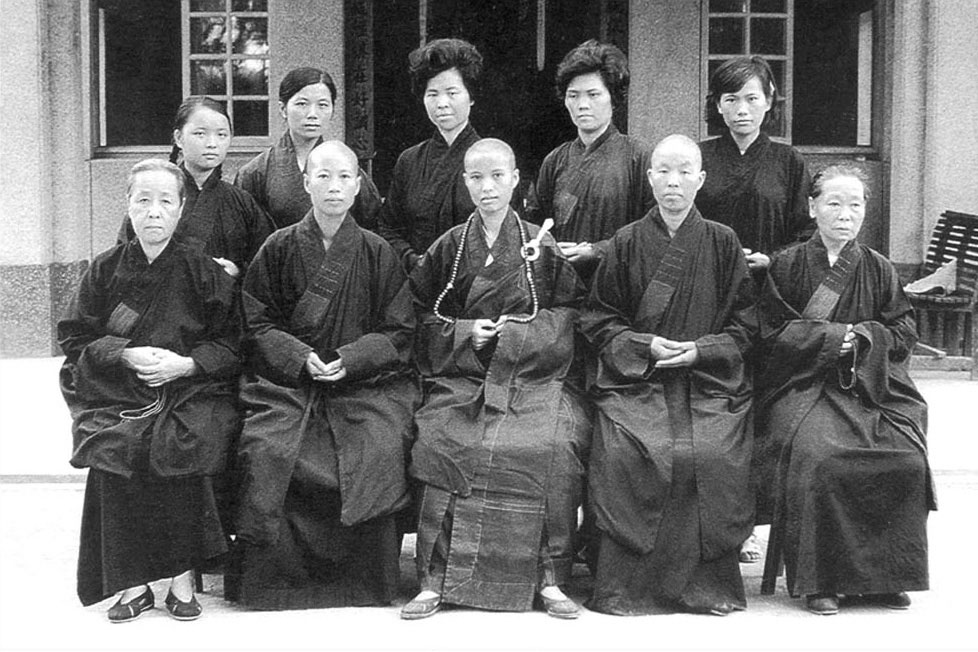
By Terry Miller
As we honor Dr. Martin Luther King Jr., on what should have been his 90th birthday this past Tuesday, one is reminded of the startling parallel a Buddhist organization has with Dr. King’s powerful and profound work, struggles and philosophy.
Dr. King’s work as a Baptist minister and civil rights activist captured the hearts of people who believe in fighting injustice. For generations people have followed his remarkable lead of non-violence, peaceful protests and civil disobedience.
On Oct. 14, 1964, King won the Nobel Peace Prize for combating racial inequality through nonviolent resistance. That same year, Dharma Master Cheng Yen was also nominated for the Nobel Prize.
Our story actually begins in 1999, when Ralph Walker became a local ambassador for the Buddhist Tzu Chi Foundation and spearheaded a remarkable event honoring Dr. King on his birthday, Jan. 15, 1999.
In studying the Tzu Chi’s core beliefs along with a deep rooted knowledge and love for Dr. King, Walker asked Monrovia Weekly a remarkably poignant question on the actual birthday of Dr. King: “Where is the love, now, in America?”
Mindful of the hatred and violence around the world combined with coarse and vulgar rhetoric in the White House, Walker hopes people will, perhaps, pay a little more attention to the teachings of Dr. King and the benevolent teachings and love of the Tzu Chi Foundation.
Tzu Chi Foundation’s members are devoted individuals who are compelled to give if they have. Giving can mean hard work combined with donations and humility; or as Dr. King said act “with the fierce urgency of now.” This is exactly why one of the first organizations you’ll see on scene at a catastrophic event will be Tzu Chi members.
The birthday celebration for Dr. King in Monrovia in 1999 was a remarkable event as then-Mayor Bob Bartlett along with Laura Long, Nelson Mandella’s niece, and Stephen Huang celebrated at the Boys and Girls Club.
Walker got in touch with Stephen Huang, the wealthy American businessman who was seeking personal guidance, when Huang visited Dharma Master Cheng Yen in Taipei, Taiwan. That meeting changed Huang’s life. Huang was so filled with awe and admiration that he became a disciple and vowed to bring the spirit and mission of Tzu Chi to the United States. The first chapter was in Alhambra and Monrovia.
Walker knew he had to speak with Huang.
After reading a book by Dharma Master Cheng Yen, Walker was so touched by the profound parallels the Tzu Chi Foundation has to Dr. Martin Luther King Jr.’s life and legacy, he decided to reach out to the organization for some assistance to help the Boys and Girls Club of Monrovia. Walker asked for a small donation and what Tzu Chi Foundation supplied was far and beyond Walker’s wildest dreams. The organization donated a much needed bus, the very first for the Monrovia Boys and Girls club.
In honor of Dr. King that day in 1999, Mayor Bartlett and other dignitaries helped plant a tree in his name. Within 30 days, the tree was removed, with no explanation.
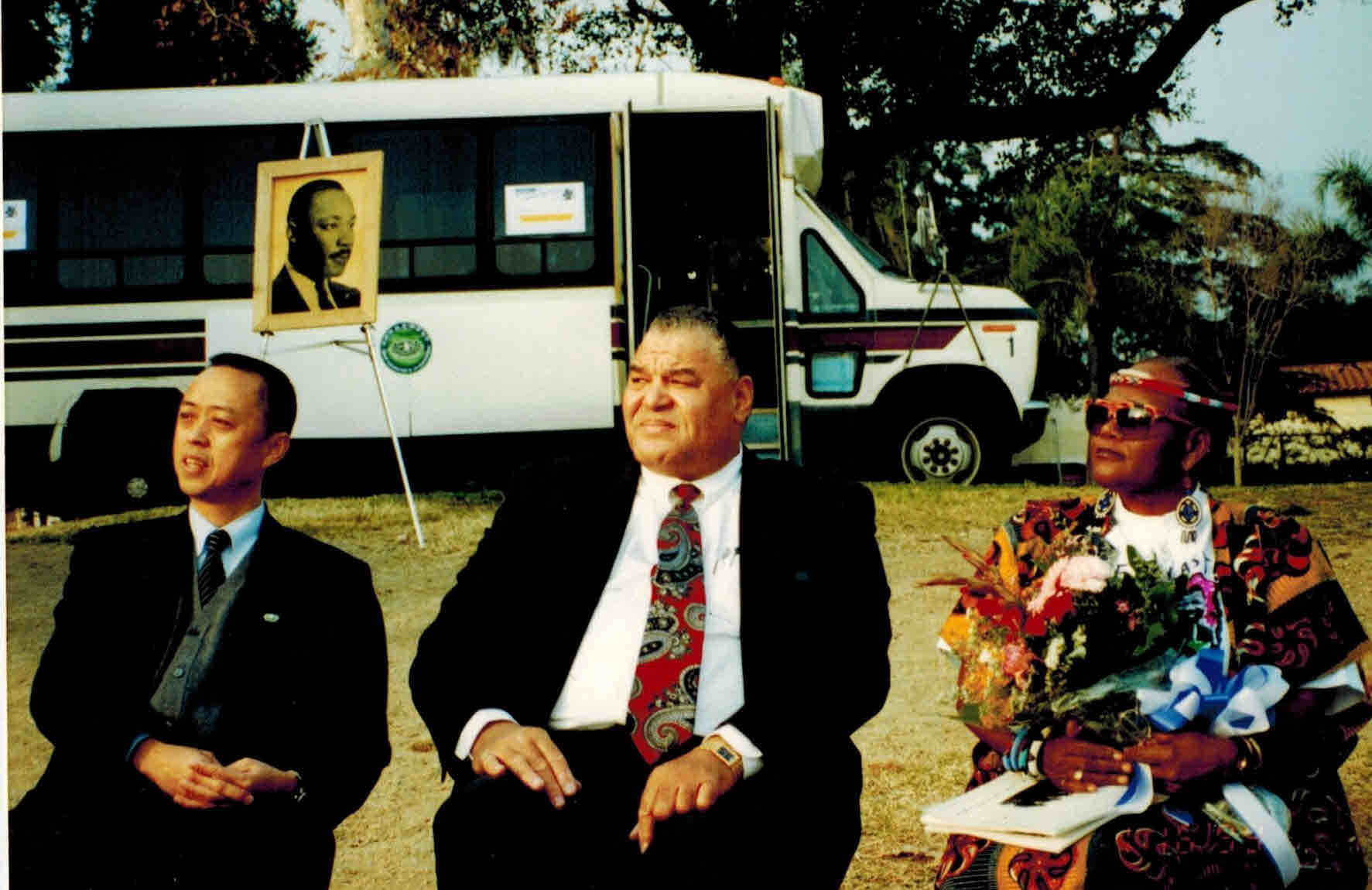
Walker was so touched by the teachings of this organization’s work, its generosity and humanity that he went along with 22 Tzu Chi members to help in Bogota, Colombia after a massive earthquake hit Armenia, Colombia.
Tzu Chi Monrovia has helped millions of people throughout the world with assistance, whether it be man and woman power in times of crisis or cash to help those less fortunate.
Dr. King concluded his final sermon on April 3, 1968 by saying: “Like anybody, I would like to live a long life; longevity has its place. But I’m not concerned about that now,” he said, his voice rising. “I just want to do God’s will. And He’s allowed me to go up to the mountain. And I’ve looked over. And I’ve seen the promised land. I may not get there with you. But I want you to know tonight, that we, as a people, will get to the promised land! And so I’m happy, tonight. I’m not worried about anything. I’m not fearing any man. Mine eyes have seen the glory of the coming of the Lord.”
The next evening on April 4, as Dr. King prepared to go to dinner at the home of a local minister, a shot rang out, killing him on the balcony of the Lorraine Motel in Memphis.

